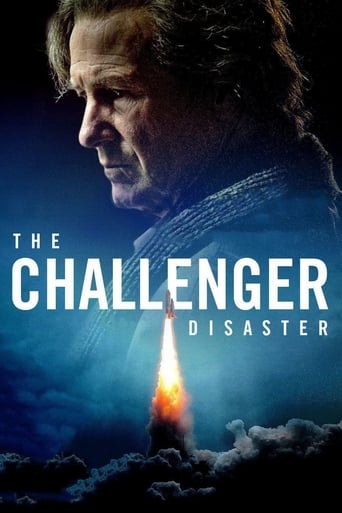


The Challenger
When the space shuttle Challenger blew up in 1986, it was the most shocking event in the history of American spaceflight. The deaths of seven astronauts, including the first teacher in space Christa McAuliffe, were watched live on television by millions of viewers. But what was more shocking was that the cause of the disaster might never be uncovered. The Challenger is the story of how Richard Feynman, one of America's most famous scientists, helped to discover the cause of a tragedy that stunned America.
-
- Cast:
- William Hurt , Bruce Greenwood , Joanne Whalley , Brian Dennehy , Kevin McNally , Eve Best , Langley Kirkwood


Similar titles
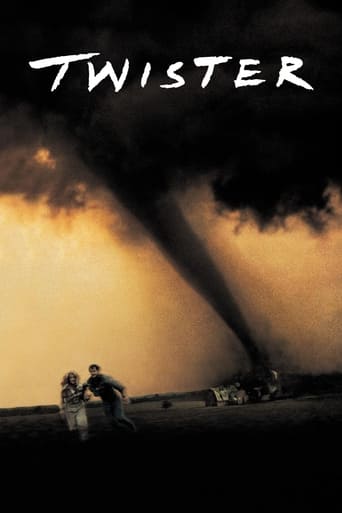
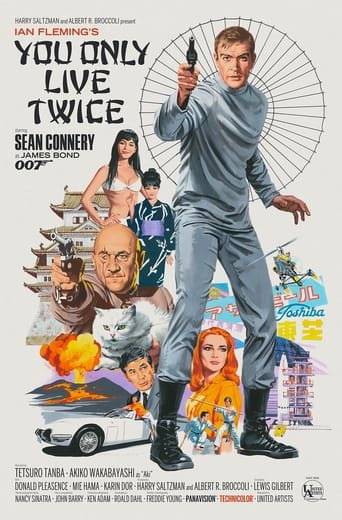

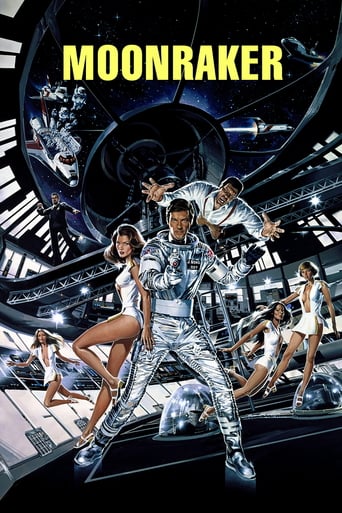

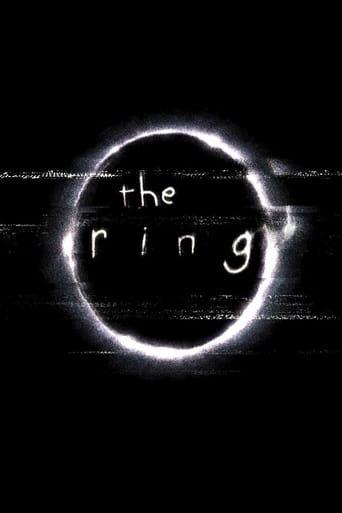
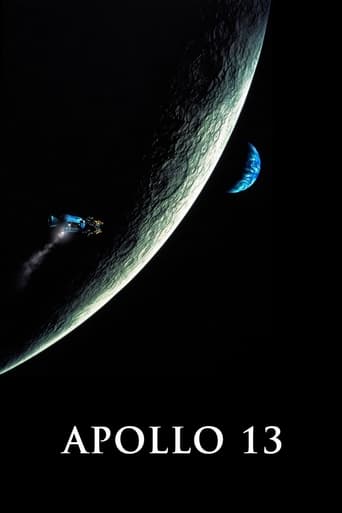

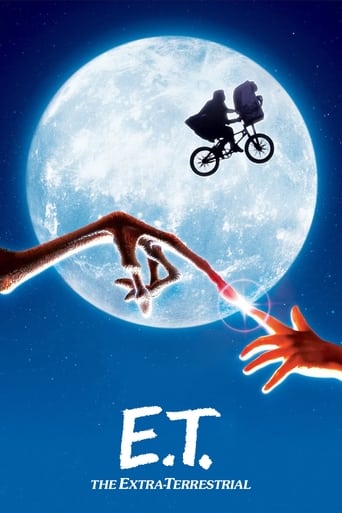
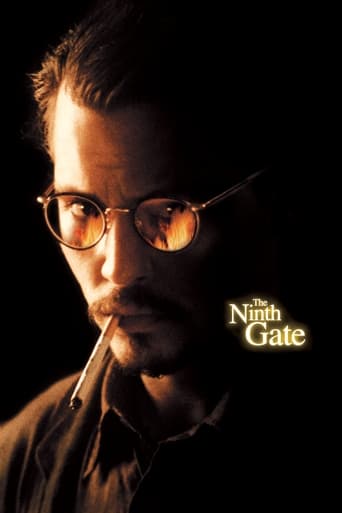
Reviews
Very well executed
Powerful
Good films always raise compelling questions, whether the format is fiction or documentary fact.
One of the most extraordinary films you will see this year. Take that as you want.
On the surface, this movie should have been a great one. Here we have a great true story, involving a relentless search for truth, a government agency cover-up, a secret confidential source, and a tragedy that shook the nation. Coupled with a hero in the charismatic, eccentric and brilliant Richard Feynman, this could easily have been as good or better than say "Spotlight", or any other great movie of that genre. Yet, this movie, although OK, somehow misses. It's not great, has no great powerful moments, nor particularly funny or self deprecating. Something to watch when nothing else is on and no more.Some of the blame must go to the portrayal of the main character, on which the entire story revolves - prof. Richard Feynman. One of the greatest physicists in history, with a crazy rich past and eccentricities that are legendary, and he is simply boring! It is clear to me that neither William hurt who plays him, nor the director has bothered to watch any of his many televised lectures ind interviews. First of all - the famous Brooklyn accent. Than the constant cocky smile and sharp humor. The many anecdotes and metaphors that are often his way of explaining. Non of it are present here. If it were up to me Alan Alda would play him as he is both sorta looks like him and is funny, serious and can do a great accent. Also the constant emphasis on his illness is over the top and distracting.About the only really good thing I can attribute to this film is it's uncharacteristic accuracy. I didn't notice any factual errors, and that is rare in Hollywood.In summation, this is a mediocre movie, that with a better cast and writing staff could have been a great one. Too bad!
I stumbled across The Challenger Disaster late last night while watching Discovery. I was drawn into the film because it starts by depicting Feynmann, a legend in the physics world, teaching a class.For those who, like I do, work with physicists on a daily basis, William Hurt's depiction of Feynmann is particularly satisfying because the actor has captured so accurately the unique characteristics of both the man himself and of the profession as a whole. While watching this film, I often found myself nodding in recognition as Hurt showed us the kind of single-minded drive for the truth that can seize hold of a scientist engrossed in an interesting problem. At the same time, the more human side of those with such blazing intellect is also movingly portrayed. In Hurt's Feynmann, I saw the same spirit that my colleagues exhibit every day.The movie is also interesting for its historical aspects. In light of the recent cancelling of the shuttle program by the Obama administration, the revelations of NASA's attempt to justify costs and obtain continued funding by co-opting the Titan rocket program into their own payload have special significance. Likewise, the depiction of the pressurized, risk-accepting not-so-safe safety culture of the time will resonate in this post-Chernobyl, post-Fukushima, post-disaster era, where risk analysis and safety culture is growing in prominence.I was in junior high when the Challenger disaster occurred. I remember the shock and the disbelief, and I also remember how quickly the whole thing was forgotten. But as this movie reminds us, thanks to Dr. Feynmann's brilliant work, and the help of other men and women of integrity who were on the commission, something useful and lasting came out of it.
In the preface to your movie Challenger Disaster you state, "This is a true story." Well not completely. I happen to be part of the story, so I want to correct the record. The scene in which I, Dr. Judson Lovingood, am sworn in at the Presidential Commission hearing and I am asked about the failure probability of a Space Shuttle Mission, did not occur. First the discussion between Feynman and me regarding failure probabilities occurred in a conference room at NASA's Marshall Space Flight Center. Second, the issue discussed concerned the failure probability of the Space Shuttle Main Engine, not the entire mission. Third I appeared before the Commission on February 6, 1986 and February 26, 1986, and none of my testimony involved failure probabilities. (Mission failure probability was a Johnson Space Center responsibility, and JSC would have addressed that issue to the Commission.)These points can be verified by referring to Feynman's book, What do I care what other people think? and the Commission Final Report. On p. 180 of Feynman's book Feynman has a discussion with Louis J. Ullian, Range Safety Officer at Cape Canaveral. After Uliian told Feynman that NASA, not Judson Lovingood and not in Commission Testimony the failure probability of the shuttle solid rocket was 1 in 100,000, Feynman stated to Ullian, "That means you could fly the shuttle every day for an average of 300 years between accidents –every day, one flight, one flight, for 300 years—which is obviously crazy. Ullian attributed the number to the "man in charge, Mr. Kingsbury." The movie attributes Feynman's remarks as being made to me regarding mission failure at a Commission hearing, which is a lie. Also you fail to present in the movie as Feynman states in his book that I provided him a document giving the 1 in 100,000 failure probability number for the main engine. The document was approved by the same James E. Kingsbury, noted above, who was Marshall Director of Engineering; so the number I gave him (1 in 100,000) was an engineering number. The title of the document is Space Shuttle Data for Planetary Mission Radioisotope Thermoelectric Generator (RTG) Safety Analysis, NASA/Johnson Space Center Report JSC 08116, February 15, 1985. JSC Shuttle Program Documentation stated that shuttle success probability is necessarily close to one and "the approach of determining when a vehicle is safe to fly based on a well evaluated and documented program with attention to details is superior to relying on a reliability number derived from an insufficient data base." I had told Feynman this, but he chose to ignore it. The main engine had a program involving rigorous manufacturing, quality control, development acceptance tests, qualification tests, between-flight x-ray, fiber optics scope inspections plus individual flight computers which monitored pressures and temperatures to shut off the engines if red lines were exceeded and redundant components. In addition there were Abort modes involving Return to Launch Site, Overseas landing in Spain and Africa, and Abort to Orbit mission modes which avoided loss of mission. No Shuttle mission ever failed because of engine failure; so I say I am correct. The solid rocket did not have these features because they could not be monitored for in-flight shutdown (once ignited, they could only burn out.) Feynman did not know of these mitigating circumstances that lowered the failure probability of the engine and then lowered the probability that an engine failure would cause mission failure. He jumped to his precipitous conclusion and dared not study the report I provided. In fact Feyman was so caught up in calling me a manager and in celebrating the guy who gave him the 1 in 200 number, he never knew that the 1 in 200 number guy was the top manager of the Space Shuttle Main Engine Project. Yes, you got it; he was a manager. An engineer never gives "'99-44/100% pure' (copying the Ivory soap slogan)". This is Feynman's 1 in 200 number, which he made such an issue of, and it came, not from a Marshall engineer, but from Marshall's top main engine manager. Marshall's top engineer, James E. Kingsbury, signed the official NASA report stating the number was 1 in 100,000. This was in the report I gave Feynman and was the number I cited.Feynman knew all about the NASA failure probability numbers racket. He had an agenda to make the point that NASA management was not listening to its engineers. And ironically he picked me as the manager. And I was the manager/engineer who tried to get Marshall management to notify headquarters and Houston that Thiokol wanted to delay the launch, and we needed to have a meeting to discuss a launch delay (See Commission Testimony.) And the engineer (the 1 in 200 guy) was the Main Engine Project Manager. Finally, in the Commission scene with George Hardy, Judson Lovingood and Larry Mulloy as sworn witnesses, the actors have Hardy stating that the o-rings were good from -40F to -50F, then the Mulloy actor confirms this and then a commissioner actor states just to be sure that Hardy is saying that the o-rings will be resilient at 80 degrees F below freezing. The Hardy actor confirms this. This is a lie. Hardy's and my testimony was that the booster had been qualified to +40F mean propellant bulk temperature. No one ever testified that o-rings would function properly below zero degrees F. This movie is all about Feynman's egotistical and narcissistic character, and it is infested with lies and defamatory distortions and reflect on my integrity. Its purpose is unclear. Feynman was a University professor in a multifaceted multi-billion dollar government/industry space program that he could not grasp the complexities of. That is why Rogers kept him on a short leash. The Feynman actor repeatedly refers to B.S. B.S. accurately summarizes the movie.Judson Lovingood, PhD
I remember where I was at work when the disaster happened, I've read everything there is, and early on knew.. so watching this apparently first airing of this sensitive event on UK TV tonight.Firstly, who was brave enough to do it.. BBC? I guess its time and the facts have been in the public eye for years. Yes, this seems to be a very accurate depiction of what must have happened as it happened. This TV airing has lasted an hour and a half.. not two hours, so what was dropped I wonder. Enough to make me want to buy a DVD if released? Maybe.William Hurt was so good as the knowing he was up against authority physics expert. One feels for him, and know the usual reactions of, oh no, what will he stir up. Everything about this 90 min version worked, I hope the 120 min version works too.
